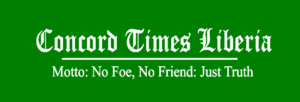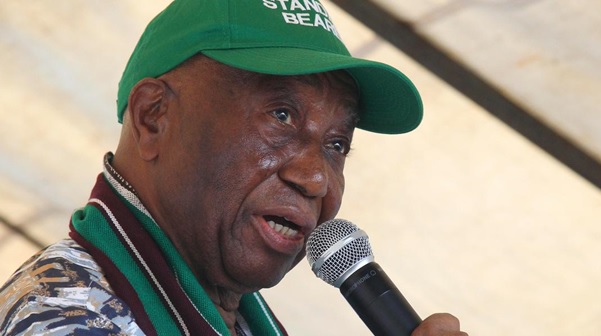A Commentary By Wondah L. Jah
Liberia’s President Joe Boakai, a seasoned politician with a wealth of experience, was expected to bring about positive change and uplift the nation. However, his actions in office have proven to be a source of embarrassment for both himself and his supporters. Just four years into his presidency, Boakai’s administrative policies have raised serious questions about his leadership abilities, as they are riddled with ineptitude, corruption, and favoritism.
One of the glaring issues plaguing Boakai’s tenure is the slow and incomplete formation of his government. Six months into his term, key positions remain vacant, leaving crucial sectors without proper leadership. This delay not only hampers the government’s ability to effectively address the needs of the people but also undermines the promises made during Boakai’s campaign to rescue the masses.
More concerning is the recent scandal involving the Minister of Public Works, Roland Lafayette Giddings. Giddings was entrusted with $US20 million for road rehabilitation, but the funds could not properly be accounted for, without following the necessary procedures for awarding contracts. Despite being found liable by the legislature, Giddings was quickly forgiven, raising questions about accountability within Boakai’s government.
Furthermore, the unauthorized importation of 285 earthmoving equipment by Boakai and his team is another troubling development. Bringing in such a significant number of machines without seeking approval from the national legislature reflects a disregard for due process and transparency. Now, Boakai finds himself in the position of seeking retroactive approval, further tarnishing his government’s image and popularity.
The consequences of Boakai’s poor performance are not limited to public perception alone. Criticism and backlash from opposition parties and civil society members are growing, indicating a loss of faith in his leadership. Mass protests are looming on the horizon, and the potential for a civil crisis is alarmingly high. It seems only a matter of time before Liberia witnesses major demonstrations once again.
In conclusion, President Joe Boakai’s administrative policies have fallen far short of the expectations placed upon him. His inability to effectively govern, coupled with allegations of corruption and favoritism, has eroded public trust and confidence in his leadership. The dire consequences of these actions are already being felt, with growing dissent and the looming threat of civil unrest. It remains to be seen whether Boakai can reverse this downward trajectory and salvage his presidency.








